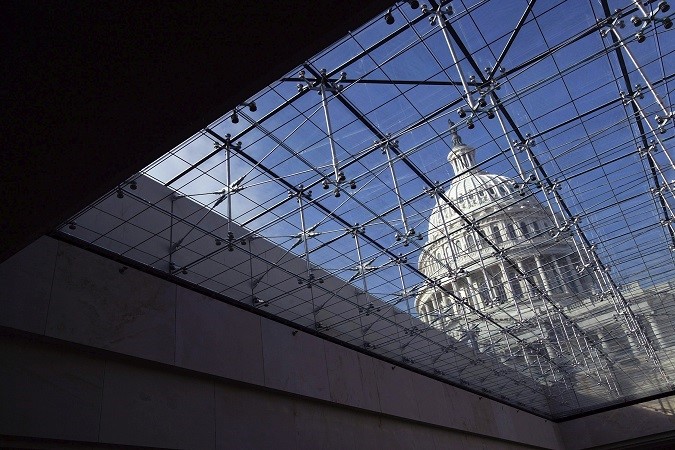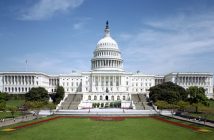The House Appropriations Homeland Security Subcommittee recently held a markup hearing regarding the Department of Homeland Security’s (DHS) funding for the 2021 fiscal year. While appropriations (funding) bills are often the scene of tremendous disagreement between the two parties, perhaps no issue has become more polarizing than the funding of the immigration agencies under the DHS umbrella.
The 85-page bill provides funding for the department and its numerous agencies spanning from countering weapons of mass destruction to disaster relief. With the exception of the immigration courts, all federal immigration agencies fall under the jurisdiction of the DHS. Since taking control of the House of Representatives in 2018, Democrats have had some success in slowing President Trump’s immigration agenda through the appropriations process.
Democrats on the Appropriations committee ensured that FY 2021’s funding bill reflected their immigration priorities: stopping construction of the border wall and scaling back immigration enforcement agencies.
The committee’s press release boasts that the bill “prohibits construction of border barriers [and]provides no authority to transfer funds among appropriations accounts, and eliminates most reprogramming authority.” In last year’s consolidated appropriations package, Democrats accepted $1.375 billion for the construction of a barrier system at the southwest border. It is clear that in a presidential election year, Democrats do not want to give President Trump a single inch of new border wall construction.
Further, the bill bars Immigration and Customs Enforcement (ICE) from removing the family members of unaccompanied alien children (UAC) and prohibits the removal of individuals with pending U-visas and T-visas. The bill significantly reduces the funding levels of ICE and Customs and Border Protection (CBP), stripping these agencies of the funds necessary for them to fulfil their congressionally-mandated law enforcement roles.
Addressing the committee, subcommittee chairwoman Lucille Roybal-Allard (D-Calif.) said that:
There are of course areas of disagreement, almost entirely in the immigration area. I do believe that most of our bill represents a bipartisan agreement. But I don’t want to minimize the disagreements on immigration. They are significant, and they are important… No funding is provided for additional border barriers… The bill would also phase out family detention by the end of 2020.
Echoing her sentiments, ranking member Chuck Fleischmann (R-Tenn.) said:
I’ve said it before and I’ll say it again. There is broad agreement on so many of the issues and funding in this bill. We hear from many of the same constituencies. We all care deeply about the safety and security of our country and the people in it. But sadly, also like last year, in the places where we disagree, Madame Chairman, there are vast differences and I can’t support the bill in its current form. Once again, the bill before us does not include any funds for continued border wall construction and prohibits funds from being used for any border wall construction whatsoever.
In most committee markups, the minority party offers amendments to change the bill. This did not occur in the recent markup, as ranking member Fleischmann noted that the Republicans planned to wait until the next full Appropriations committee meeting to offer amendments to this, and other, funding bills.
But the comments of both Reps. Fleischmann and Roybal-Allard indicate that the budget battle for DHS will fall almost entirely on the issue of immigration. This has increasingly been the case since President Trump took office. The FY 2021 negotiations take place during the 2020 presidential election cycle, where both parties want to demonstrate greater policy priorities and may feel less inclined to compromise. This creates a perfect storm for a legislative battle that supporters of immigration reform will want to monitor closely.




